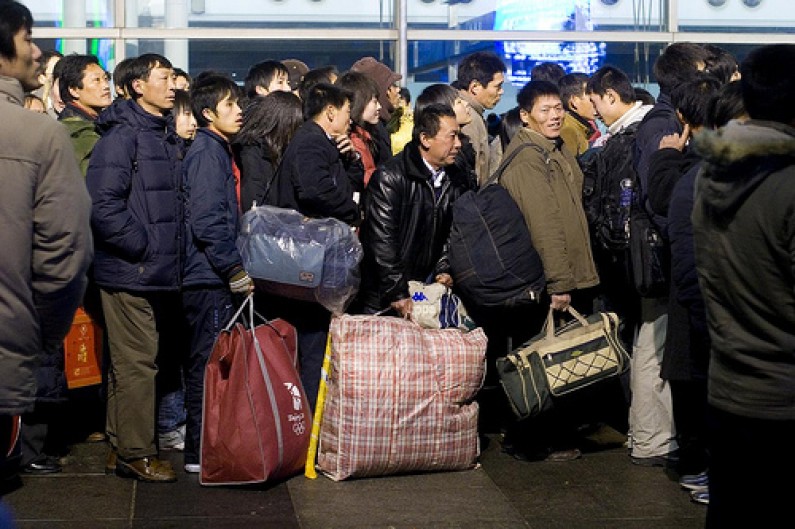
Migration is a double-edged sword as we must try to find other solutions–outside of our nation or state–when governments fail to provide equal economic opportunities. In particular, when they are unable to generate economic growth, reduce poverty, and income inequality among their citizens.
Though I would not suggest it to anyone even as the last option, migration is considered an important factor, as it can reduce the global income inequality since people themselves, location, and citizenship are determinant factors for the level of the national incomes. Though it is seen as a “door” for greater opportunities, migration, in particular, those of highly skilled people, may have a negative impact on countries of origin because it undermines growth potential and economic competitiveness, and it also reduces the labor productivity in their respective countries. Migration also could have positive and negative impacts on both countries of origin and those of destination, but I will first address the positive impacts.
Looking at the positive side, migration is seen as an option that can generate significant economic growth for poor regions. In best case scenarios, if countries completely remove migration and labor mobility barriers for the poor, this will be translated into greater global gains in terms of Gross Domestic Product (GDP) growth rate, poverty, and inequality reduction. The wage rate between countries would equalize while the gains for both countries could exceed 50-150 percent of those gains that result from the elimination of trade policy and capital flow barriers. Even if constraints towards mobility of labor are reduced at some levels, the gains from labor mobility would exceed those from free trade policy. In this situation, the average incomes in poor regions would increase three to four percent. However, it would slightly decrease in the country of destination to 2.5 percent, but the main gainers would probably be the immigrants themselves and their families as well. For example, a study of the World Bank found that remittances in Kosovo (442.7 million euros in 2009), which consisted 11.8 percent of GDP, helped to reduce the unemployment rate by 2.1 percent, from 47.1 percent in 2008 to 45 percent in 2009, increased the access for poor households to health and education, and they also were important for poverty reduction, not only in Kosovo but in Macedonia as well.

However, migration also has its negative effects as well. Specifically, when it tends to move out the human capital and skilled laborers, such as health workers, which may have negative consequences for the remaining population in their home country. Second, skilled labor immigration may create human capital depletion/brain drain phenomenon as it reduces the labor productivity of the origin country. However, despite that occurrence, immigration may increase the income inequality of non-migrants at home. Remittances may help reduce poverty, only if they are with GDP ratio greater than 5 percent, like in the case of Kosovo where it reached over 11 percent of GDP, and may indirectly help promote growth through savings, investment, production, and education.
Migration could be taken as an opportunity, not only to increase income distribution for those who emigrate, but also as a chance to garner new experiences, like in entrepreneurship, and as a possibility, in turn to invest in their home countries. I would favor the idea of a seasonal or temporary migration plan with some restrictions, which would be a great incentive for the poor, at least as an opportunity to “escape” from miserable life conditions. A plan that would include temporary work from three to five years, with skilled and unskilled workers, which would be replaced with a new wave of workers, and would yield around $200 billion annually for citizens of developing and poor countries. This type of seasonal employment should be controlled by the host and home countries via withholding a portion of worker’s earning until they return home. Thus, the European Union (EU), U.S., and Canada should open the borders for temporary skilled and unskilled workers, especially for low-skilled ones, because this would be in the interests of both parties–for the workers and destination countries themselves.
Blog by Sebahate Shala


